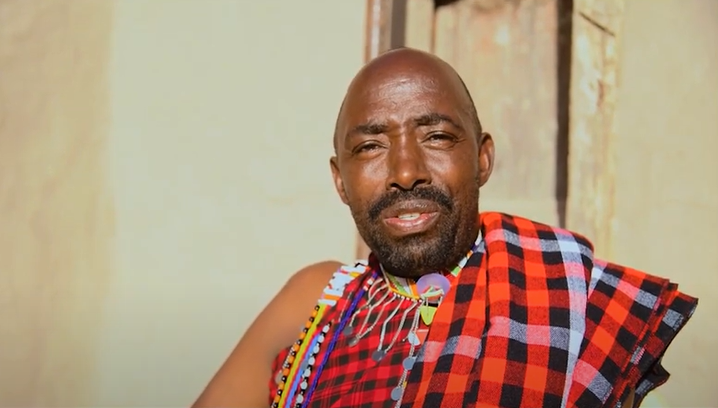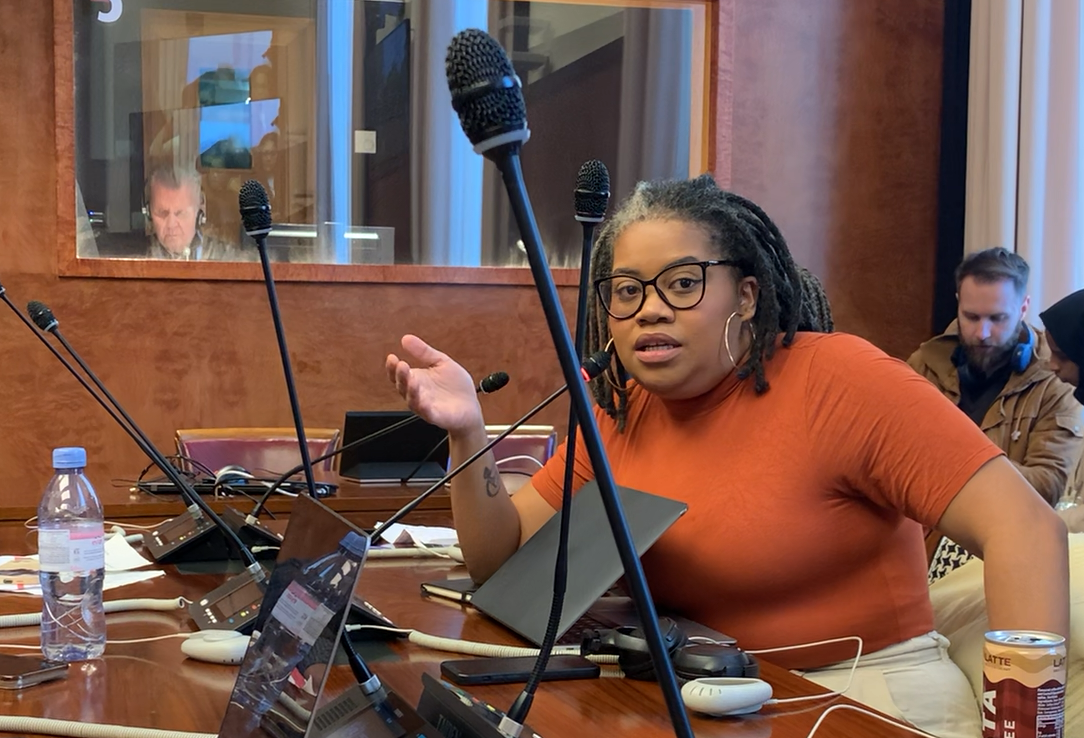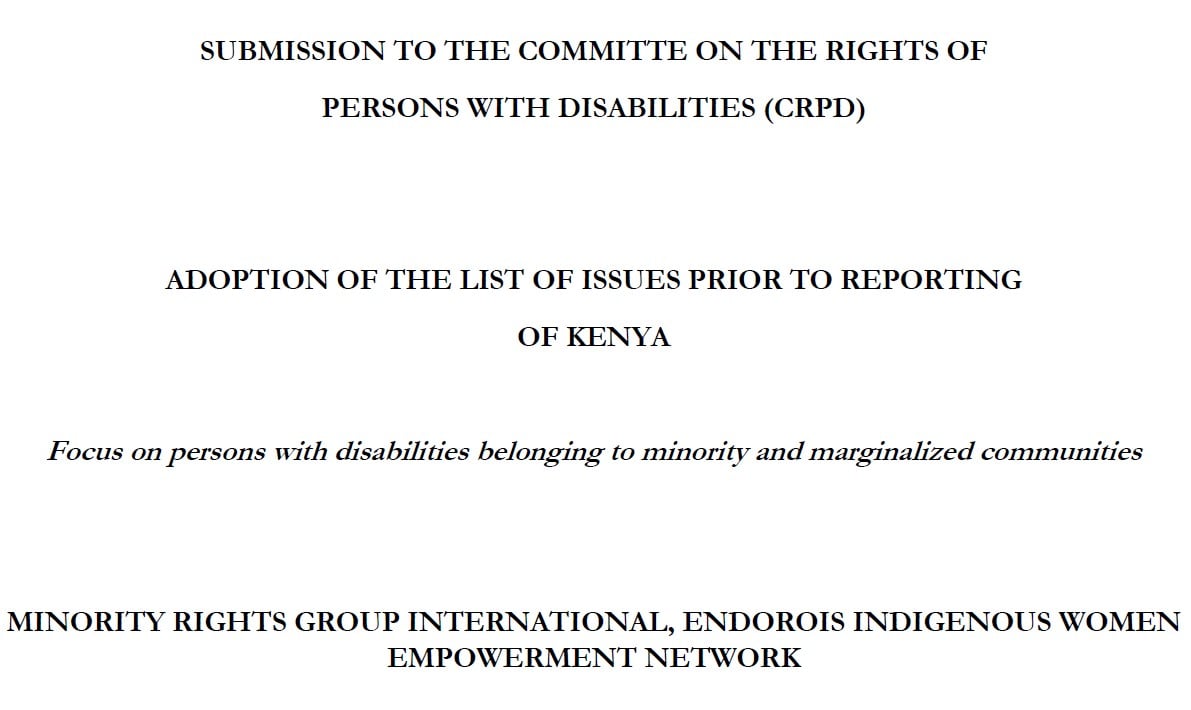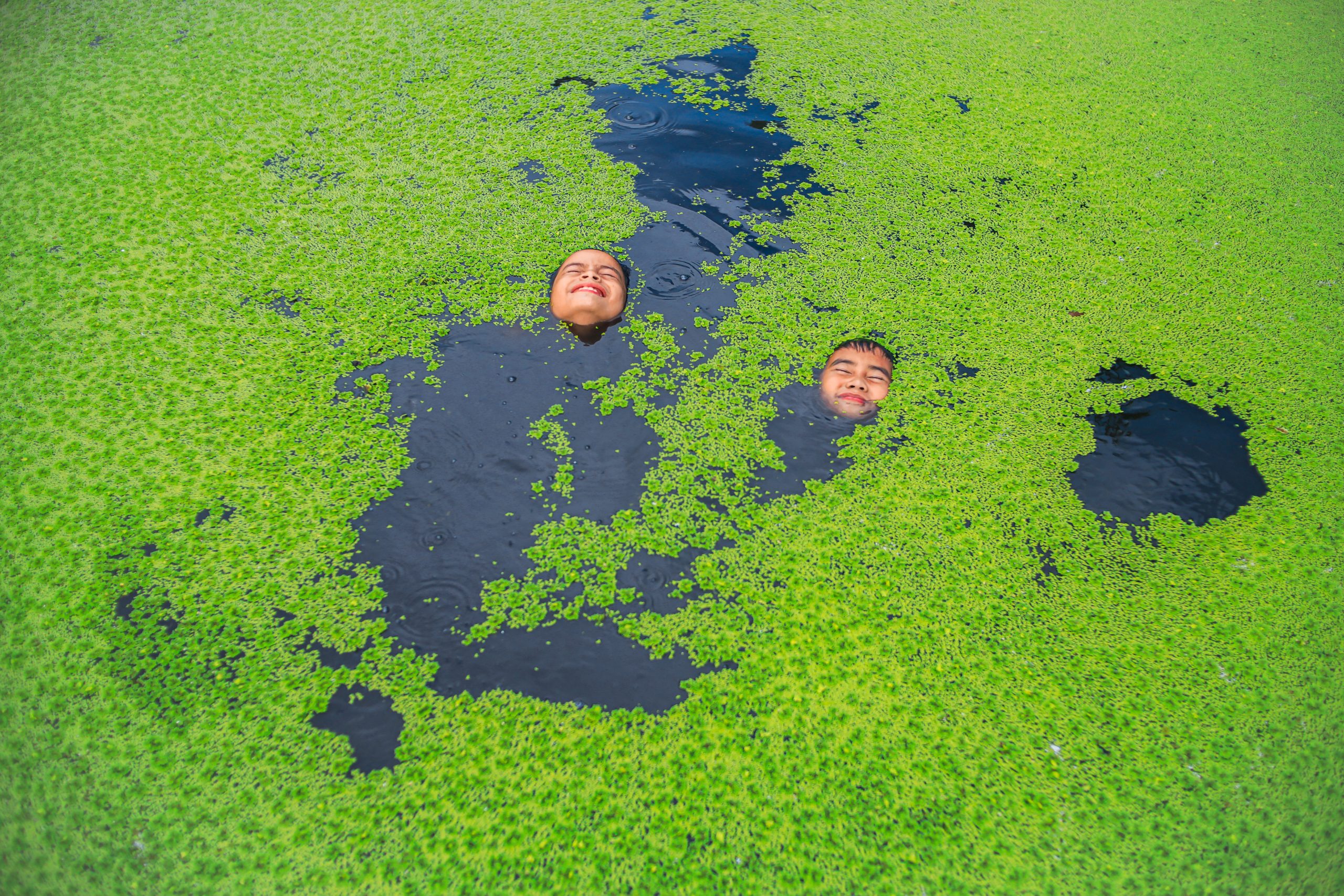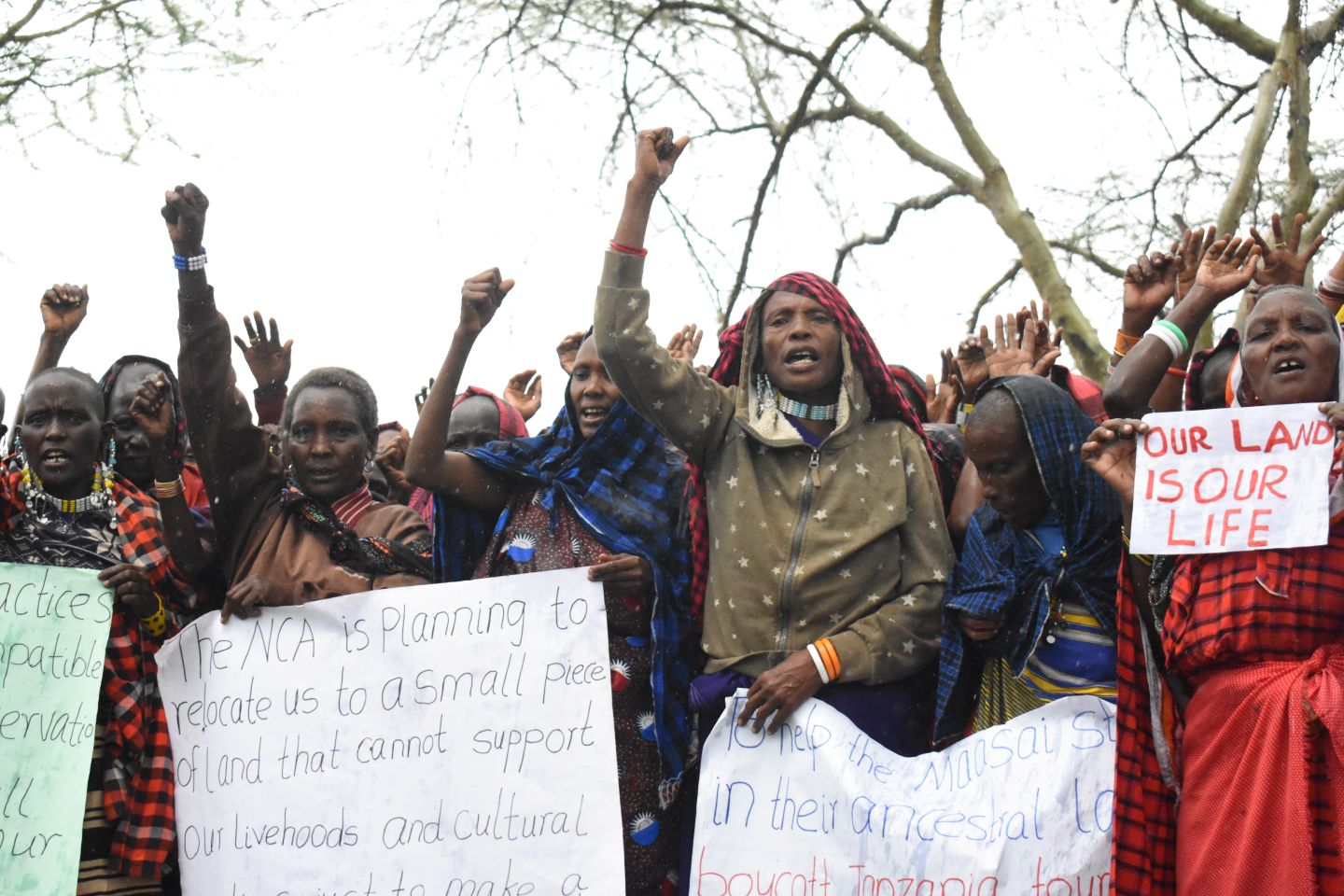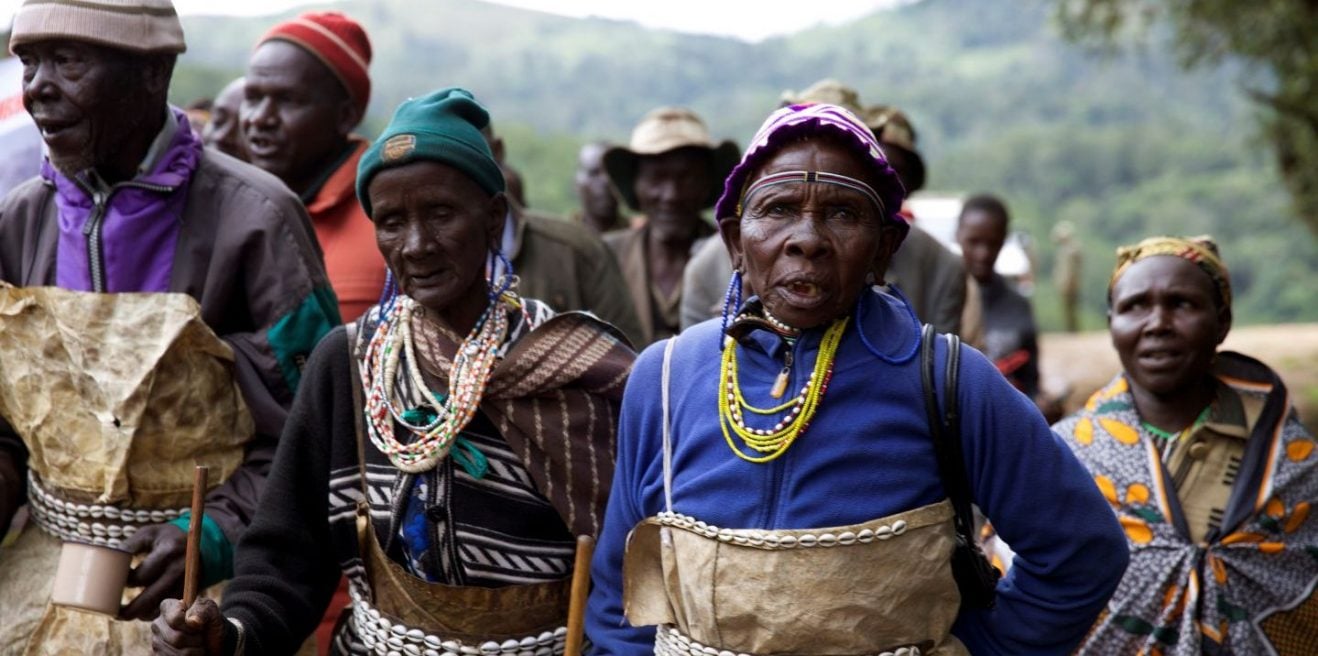
Indigenous peoples must be at the forefront when it comes to redressing violations of their rights
United Nations Permanent Forum on Indigenous Issues (UNPFII) – 20th Session
Agenda Item 3: Peace, Justice and Strong Institutions on the role of Indigenous Peoples in Implementing SDG Goal 16
Speaker: Mr. Geoffrey Kerosi, Minority Rights Group International
Thank you Madam Chair,
We all know that to achieve the SDGs, we need financial and human resources among others. According to the United Nations Conference on Trade and Development, the world needs between USD 5-7 trillion to achieve the SDG goals by 2030. Indigenous peoples can play an important role in holding states to account for the equitable use of public resources and misuse of office for those mandated to implement SDG 16.
Fundamentally, SDG 16 has to do with transparency and access to information. Only through the free flow of information and by holding duty-bears to account will we achieve the strong institutions that are necessary for securing peace and justice. Indigenous activists play a key role in gathering information and calling attention to abuses, as their communities are often the most vulnerable when it comes to violations of human rights.
We are all aware that we cannot achieve the SDGs where there is armed conflict which results in tragic loss of lives, destruction of property and the displacement of whole communities. Indigenous peoples are usually the first to be targeted in conflicts and this is especially true of indigenous women.
But a further casualty of war is information. In particular, MRG is worried that governments have increasingly instrumentalised the internet in order to control the flow of information. For instance, in Ethiopia, the government has repeatedly shut down the internet for long periods of time in whole or parts of the country. This has made it very difficult for human rights monitors to get an accurate picture of the conflict in Tigray region and elsewhere. The repeated quelling of the internet has made it particularly hard for smaller indigenous communities there to make their voices heard and their situations known.
The vital role of information in achieving the SDGs extends to the superior traditional knowledge held by indigenous peoples in terms of the sustainable management of ecosystems. This is because they depend on natural resources for their livelihoods.
Indigenous peoples must be at the forefront when it comes to redressing violations of their rights, driving states to fully implement successful judgments obtained before courts and human rights bodies. The Ogiek and Endorois cases in Kenya are emblematic of a broader pattern in non-compliance of indigenous land rights. Several years later, Kenya has failed to implement rulings recognizing their respective rights to ancestral lands. Failure to implement successful judgments points to weak institutions and erodes trust in the human rights institutions charged with redressing violations.
Egregiously, from end of June to mid August 2020, the Kenyan government evicted hundreds of Ogiek families from their ancestral lands during the Covid-19 pandemic, flouting the African Court judgment. This triggered ethnic clashes with non-indigenous settlers who have illegally settled on Ogiek lands. It underscores how obstacles in access to justice and delays in providing effective remedies to human rights violations undermine peace, security and rule of law.
Evictions in Kenya during the pandemic extended to 38 Sengwer families who were driven from their homes in Embobut forest. Other indigenous peoples in the region have similarly faced dispossession, evictions and violence in the name of conservation, including the Batwa of the Kahuzi-Biega National Park and the Benet of Mt. Elgon, Uganda. For decades, dispossession of indigenous peoples in the name of conservation has been ongoing without redress. This is unfolding despite the Ogiek judgment, which establishes that all state parties to the African Charter have a duty to respect and protect indigenous peoples’ land rights.
Despite these challenges, indigenous peoples around the world can and are supporting the rule of law and demanding justice in line with implementation of SDG 16. Indigenous peoples are already using the available legal and policy platforms at the national, regional and international levels in search of justice against illegal forced evictions. In terms of conflict resolution, indigenous peoples have well-established systems of effectively solving conflicts.
It is up to governments to ensure that indigenous peoples have the means to gather, retain and use the information about their human rights to achieve justice.
I thank you.
—
Photo: Members of the Sengwer community protest their eviction from their ancestral lands in the Embobut Forest, by the government for forest conservation in western Kenya. Credit: Reuters / Katy Migiro
